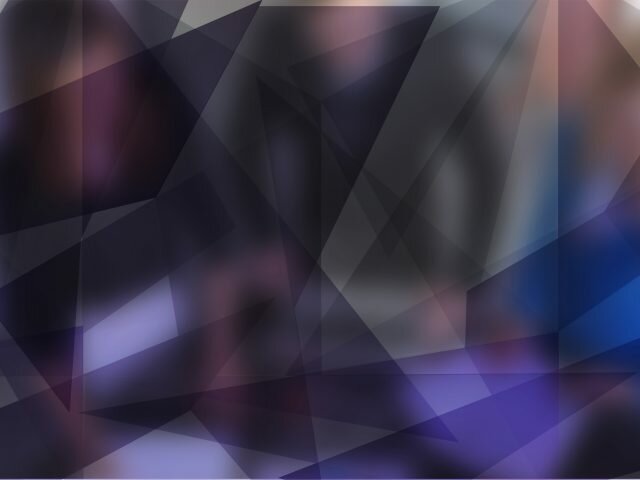Disruptive innovations in healthcare – failings and successes
There had been multiple ‘Eureka’ moments in the history of healthcare. If it had not been for the discovery of anaesthetics, insulin and X-rays, the medical practice would have remained an often unbearable experience for patients. Nowadays, however, we have a new type of ‘Eureka’ moment that has a much broader impact and shakes the very core of how tasks are being performed. It has been explained by using ‘disruptive innovation’, a term first coined by Clayton M. Christensen in the mid-90s and defined as a ‘process by which a product or service takes root initially in simple applications at the bottom of a market and then relentlessly moves up market, eventually displacing established competitors.’ (http://www.claytonchristensen.com/key-concepts/)
The impact of such innovations has proven to be invaluable for multiple areas of everyday activities, such as transportation and connectivity. However, considering that in many cases ‘[a]n innovation that is disruptive allows a whole new population of consumers at the bottom of a market access to a product or service that was historically only accessible to consumers with a lot of money or a lot of skill’, it becomes clear that such innovations are crucial in the area of healthcare. (same link http://www.claytonchristensen.com/key-concepts/)
When it comes to the particular explanation as of what is a disruptive innovation in healthcare, it means two things:
1. The transference of skills from highly trained but also expensive personnel to more affordable providers, including technology-based care.
2. The shift away from traditional health care venues like hospitals into clinics and office settings, and, in some cases, into patients’ own homes. (http://www.forbes.com/sites/ashoka/2013/04/23/disruptive-innovation-a-prescription-for-better-health-care/#78846e0647c4)
Notwithstanding the promise of great improvement and cost reductions, far from everybody is on the ‘disruptive innovations in healthcare’ bandwagon. The reasons vary from fear of more competition (https://hbr.org/2000/09/will-disruptive-innovations-cure-health-care) to the fact that one of the most high-profile and promising disruptive start-ups turned out to be a scam. (http://www.vanityfair.com/news/2016/09/elizabeth-holmes-theranos-exclusive) However, for every Theranos there will hopefully be at least two new start-ups, creating artificial DNA (https://www.technologyreview.com/s/602226/startups-artificial-dna-could-revolutionize-drug-design/) or flexible biosensors (https://www.technologyreview.com/s/538826/what-are-the-prospects-for-flexible-biosensors/). As, certainly, some inventions will fail for various reasons, but it does not mean that we should lose hope that the next Eureka moment is just around the corner (http://www.christenseninstitute.org/why-healthcare-needs-disruption/).





